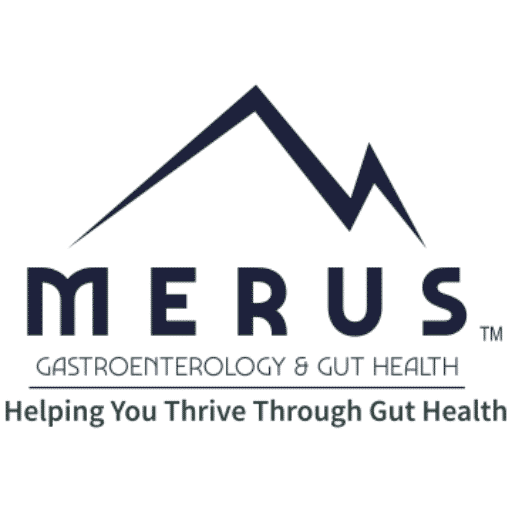Rectal Bleeding Services
Are you experiencing rectal bleeding in John’s Creek, GA? Rectal bleeding, also known as hematochezia, can be a concerning symptom that warrants prompt evaluation by a gastroenterologist. At our gastroenterology clinic, we specialize in diagnosing and treating rectal bleeding to determine the underlying cause and provide appropriate management tailored to your individual needs.


What is Rectal Bleeding?
Rectal bleeding refers to the passage of bright red blood from the rectum or anus. It can vary in severity, ranging from a few drops of blood on the toilet paper to significant bleeding that fills the toilet bowl. Rectal bleeding can be caused by various factors, including gastrointestinal conditions, anal fissures, hemorrhoids, inflammatory bowel disease, colorectal cancer, or other more serious medical conditions.
Symptoms of Rectal Bleeding
- Passage of bright red blood during or after bowel movements
- Blood on toilet paper or in the toilet bowl
- Blood mixed with stool or coating the stool
- Rectal pain or discomfort
- Changes in bowel habits, such as diarrhea or constipation
- Abdominal pain or cramping
How is Rectal Bleeding Diagnosed?
Diagnosing the cause of rectal bleeding typically involves a comprehensive evaluation, which may include a review of medical history, physical examination, and diagnostic tests. These tests may include colonoscopy, flexible sigmoidoscopy, imaging studies such as CT scans or MRI, stool tests, and blood tests.
Treatment for Rectal Bleeding
Treatment for rectal bleeding depends on the underlying cause. In some cases, conservative measures such as dietary modifications, fiber supplements, and medications to alleviate symptoms may be sufficient. However, if a specific gastrointestinal condition or other medical issue is identified, targeted treatment will be recommended, which may include medication, lifestyle changes, or surgical intervention.

Schedule an Appointment
If you’re experiencing rectal bleeding or have concerns about your digestive health, don’t hesitate to contact our gastroenterology clinic. Our experienced gastroenterologists are here to provide compassionate care, accurate diagnosis, and effective treatment to help you find relief and achieve optimal digestive wellness. Schedule an appointment today to take the first step towards a healthier you.






